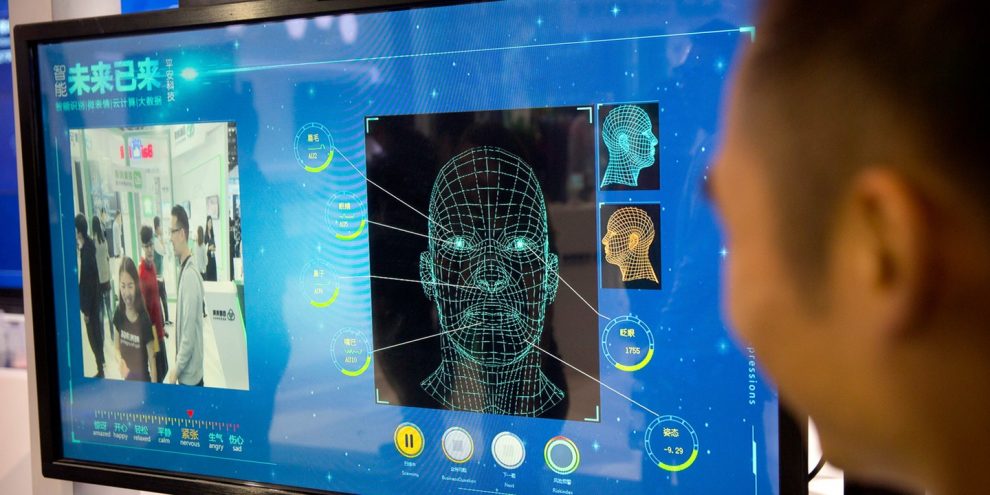American psychologist Paul Ekman’s research on facial expressions spawned a whole new career of human lie detectors more than four decades ago. Artificial intelligence could soon take their jobs.
While the U.S. has pioneered the use of automated technologies to reveal the hidden emotions and reactions of suspects, the technique is still nascent and a whole flock of entrepreneurial ventures are working to make it more efficient and less prone to false signals.
Facesoft, a U.K. start-up, says it has built a database of 300 million images of faces, some of which have been created by an AI system modeled on the human brain, The Times reported. The system built by the company can identify emotions like anger, fear and surprise based on micro-expressions which are often invisible to the casual observer.
“If someone smiles insincerely, their mouth may smile, but the smile doesn’t reach their eyes — micro-expressions are more subtle than that and quicker,” co-founder and Chief Executive Officer Allan Ponniah, who’s also a plastic and reconstructive surgeon in London, told the newspaper.
Facesoft has approached police in Mumbai about using the system for monitoring crowds to detect the evolving mob dynamics, Ponniah said. It has also touted its product to police forces in the U.K.
‘Third-party’ auditor investigating Minnesota fraud received millions in state Medicaid funds
Macron vows nuclear arsenal boost as Europe turns to nukes amid rising global threats
‘Under siege’: Inside the growing radical Islam threat critics say is hiding in plain sight in deep red Texas
Walz-Ellison administration ‘enabled’ Minnesota’s fraud scandal: Guy Benson
NYC Dept of Education employee arrested, charged with murder of Bronx father
Savannah Guthrie returns to ‘Today’ show studio for first time since mother went missing
Iran widens regional war with first strike into Azerbaijan
5 House Oversight Committee Republicans Join with Democrats to Subpoena Pam Bondi in Epstein Probe
As Jasmine Crockett Concedes Texas Senate Primary, Attention Focuses on Radical Dem Who Beat Her
Tom Emmer calls for Tim Walz, Keith Ellison to ‘serve jail time’ if fraud coverup allegations are true
Republican Rep Burgess Owens to retire from Congress when term ends
VIDEO: College Basketball Ref Knocked Out Cold When Players Turn Violent on Court
DOJ Ends Investigation Into Autopen Scandal With Zero Charges, Grand Juries, or Indictments
The ‘woo-woo’ philosophy of Trump’s surgeon general pick
Illegal’s dragging of ICE agent shows the exact danger the officer who shot Renee Good feared, expert says
The use of AI algorithms among police has stirred controversy recently. A research group whose members include Facebook Inc., Microsoft Corp., Alphabet Inc., Amazon.com Inc. and Apple Inc published a report in April stating that current algorithms aimed at helping police determine who should be granted bail, parole or probation, and which help judges make sentencing decisions, are potentially biased, opaque, and may not even work.
The Partnership on AI found that such systems are already in widespread use in the U.S. and were gaining a foothold in other countries too. It said it opposes any use of these systems.
Story cited here.
























